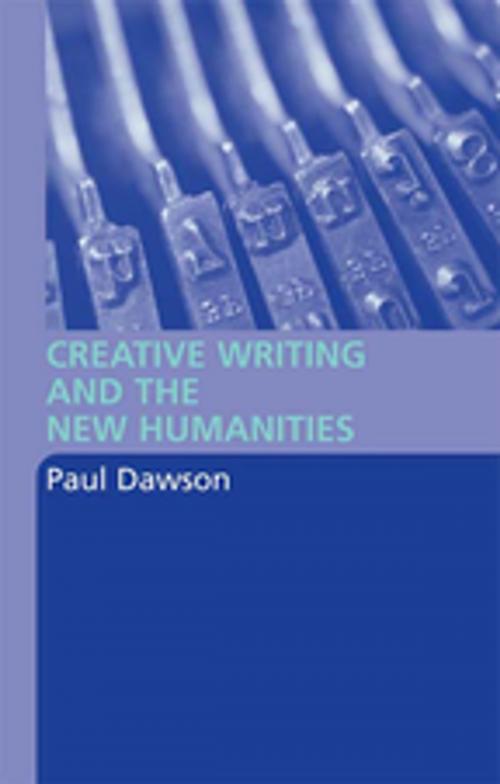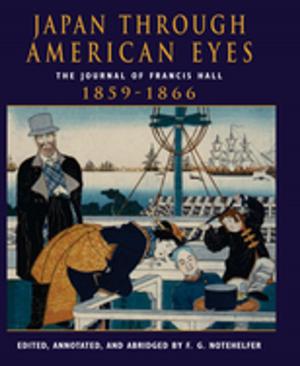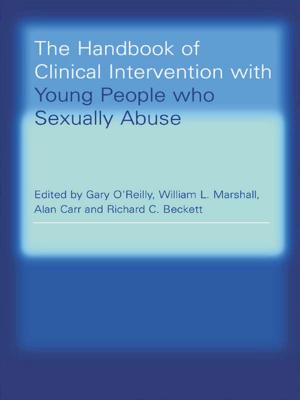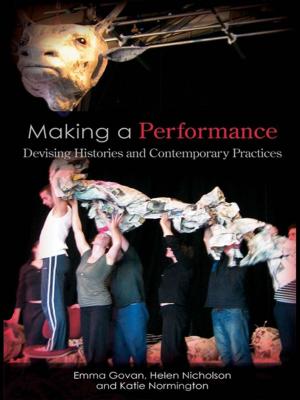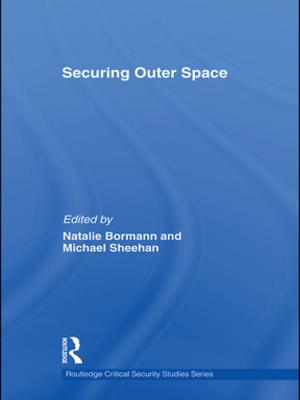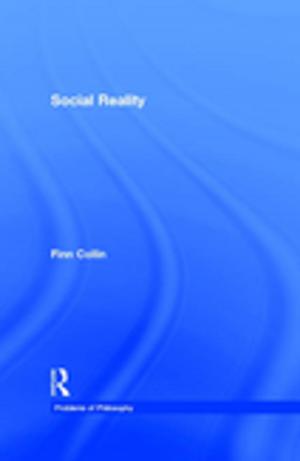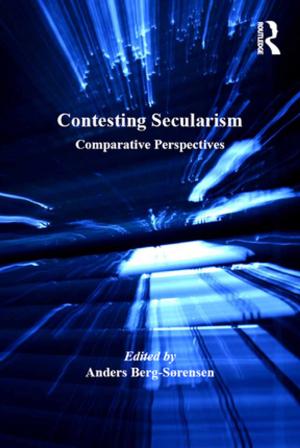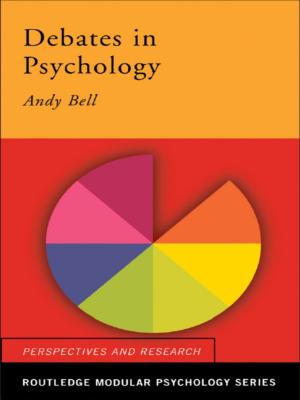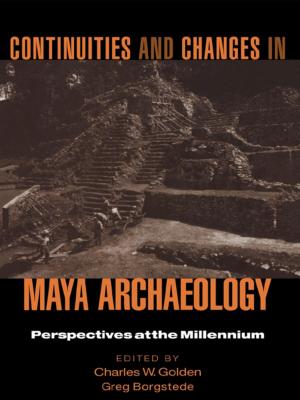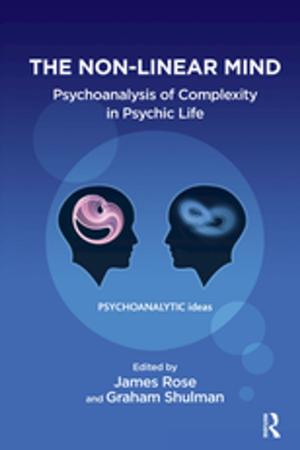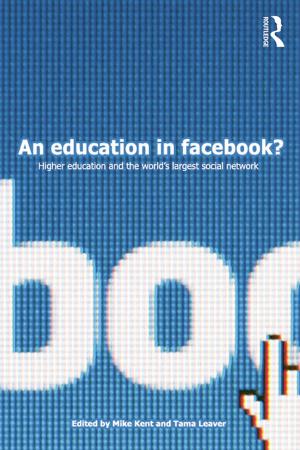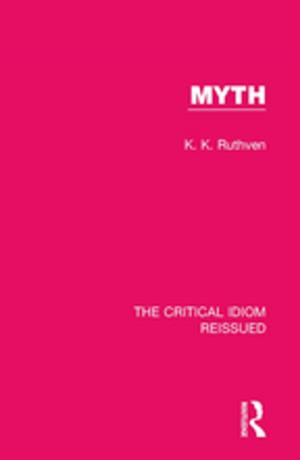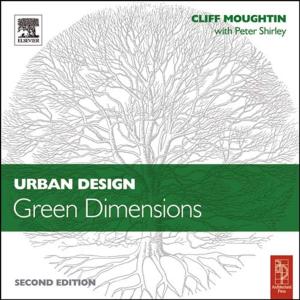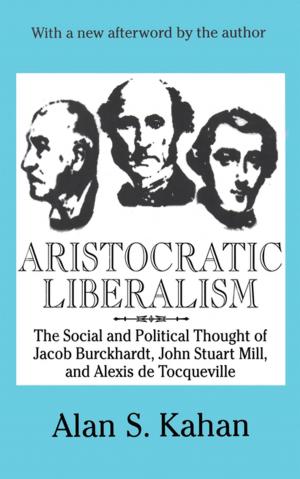| Author: | Paul Dawson | ISBN: | 9781134320844 |
| Publisher: | Taylor and Francis | Publication: | August 2, 2004 |
| Imprint: | Routledge | Language: | English |
| Author: | Paul Dawson |
| ISBN: | 9781134320844 |
| Publisher: | Taylor and Francis |
| Publication: | August 2, 2004 |
| Imprint: | Routledge |
| Language: | English |
This book examines the institutional history and disciplinary future of creative writing in the contemporary academy, looking well beyond the perennial questions 'can writing be taught?' and 'should writing be taught?'.
Paul Dawson traces the emergence of creative writing alongside the new criticism in American universities; examines the writing workshop in relation to theories of creativity and literary criticism; and analyzes the evolution of creative writing pedagogy alongside and in response to the rise of 'theory' in America, England and Australia.
Dawson argues that the discipline of creative writing developed as a series of pedagogic responses to the long-standing 'crisis' in literary studies. His polemical account provides a fresh perspective on the importance of creative writing to the emergence of the 'new humanities' and makes a major contribution to current debates about the role of the writer as public intellectual.
This book examines the institutional history and disciplinary future of creative writing in the contemporary academy, looking well beyond the perennial questions 'can writing be taught?' and 'should writing be taught?'.
Paul Dawson traces the emergence of creative writing alongside the new criticism in American universities; examines the writing workshop in relation to theories of creativity and literary criticism; and analyzes the evolution of creative writing pedagogy alongside and in response to the rise of 'theory' in America, England and Australia.
Dawson argues that the discipline of creative writing developed as a series of pedagogic responses to the long-standing 'crisis' in literary studies. His polemical account provides a fresh perspective on the importance of creative writing to the emergence of the 'new humanities' and makes a major contribution to current debates about the role of the writer as public intellectual.
